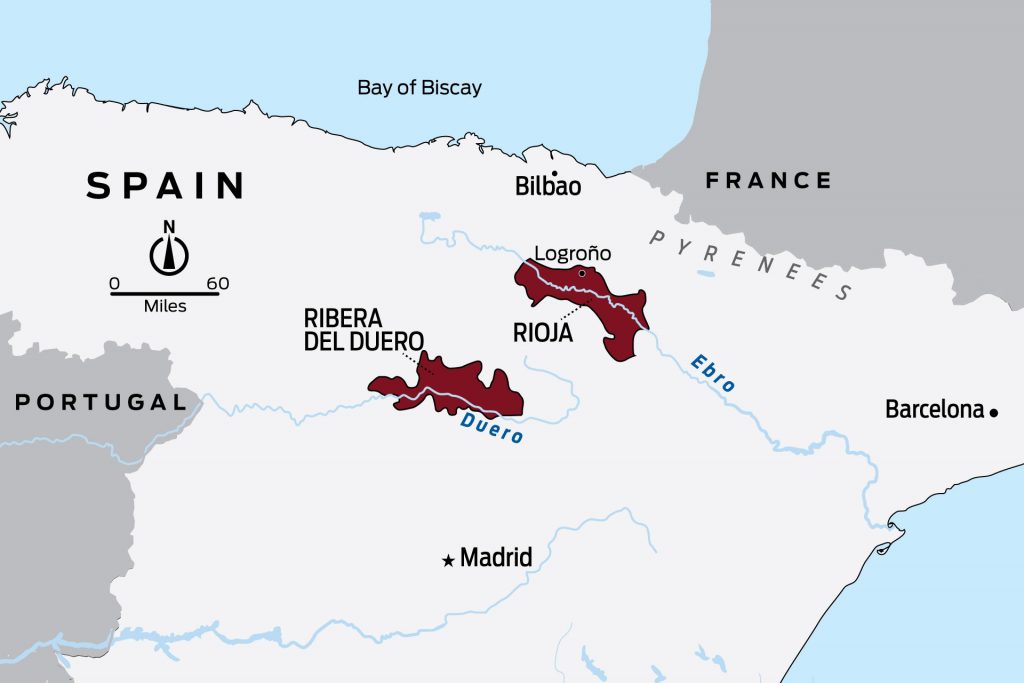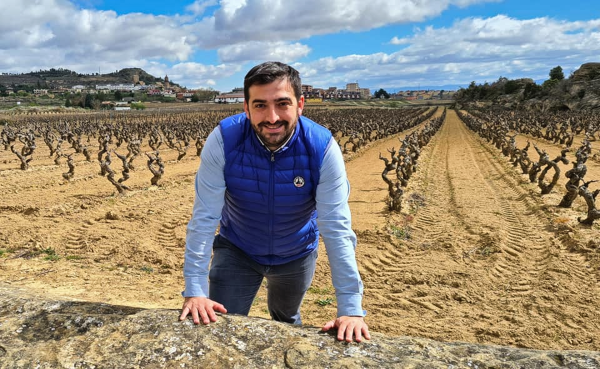
This question has plagued me unanswered until recently. I have been a sceptic. Really, how much does a glass’ shape and size really matter? In many cupboards, we have a larger style red wine glass and a smaller style white wine glass. But do I really need separate glasses for Syrah, Pinot Noir, and Cabernet Sauvignon? Do I really need a different glass for oaked Chardonnay than for an un-oaked Chardonnay? And what about all of the many other varietals? The whole concept of having many different glasses for the different wines seems crazy and an extremely expensive undertaking. So I wanted to know once and for all, do I really need to do it in order to appreciate my wine more?
Recently, I participated in a Riedel tasting class where I got my answer – absolutely yes! This was not at all what I expected. At this class, we reviewed four different wines in five different glasses and I want to share with you what I learned from this class.
Well I should start by saying unequivocally that a glass cannot change the flavour of the wine. The wine, with all of its flavours and aromas, whether flawed or exquisite, will always be the same wine no matter which glass you use to drink it in. But a glass has a profound effect on how well we can perceive the true characteristics of the wine. Mark Baulderstone, the Managing Director at Riedel Australia who led the class said that using the appropriate glass for the wine varietal is like “putting the wine under a magnifying glass” – allowing you to detect so much more than another glass will allow.
This concept was demonstrated by having us taste the wine first in the correct Riedel Vinum specific glass. Once we had really experienced the wine and all its flavours and complexities we then transferred the wine to a small normal tasting glass and then proceeded to taste the wine again. The difference was huge! What initially was an absolutely stunning wine in the correct glass with amazing aromas, flavours, acid-alcohol-sugar-tannin all in balance became a muted, subdued, unimpressive wine in the small tasting glass.
Ok, so a quality Riedel glass is better than a cheap small tasting glass – that seems logical! But then wouldn’t the wine taste similarly good in another quality Riedel glass? No indeed! Mark had us pour the wine into a different varietal Riedel Vinum glass and alas the wine still did not have all of the amazing nuances that it had in the first glass! We then poured the wine back into the first glass – the correct glass – and validated that indeed all of those characters were always there and not just imagined. The other glasses just did not allow us to perceive the wines characteristics properly.
Mark explained that 80% of what we taste comes from our sense of smell. If we cannot smell, our experience of taste is lacklustre at best. The varietal specific glass allows us to experience more of the wines aromas which enhances the wine’s flavours and thus our enjoyment of the wine.
This realisation for me was not a happy one as you might expect – the concept of upgrading my wine glass collection seems daunting as I love and drink many different varietals. And where would I store all of these glasses! Sheesh – I know what I am asking Santa to bring for the next ten Christmas’!


